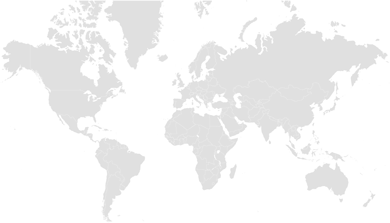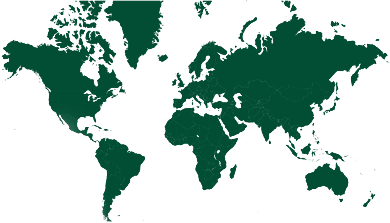Software
2023 • United States Environmental Protection Agency (EPA) WARM – Waste Reduction Model
The Waste Reduction Model (WARM) is a decision-support tool developed by the U.S. EPA to assess the environmental impacts of various materials management practices. It enables users to compare greenhouse gas (GHG) emissions, energy savings, and economic impacts associated with source reduction, recycling, composting, anaerobic digestion, combustion, and landfilling. WARM is particularly useful for solid waste managers, policymakers, and environmental consultants to make data-driven decisions that align with sustainability goals. The tool is web-based and includes a database of lifecycle inputs and outputs for a wide range of materials, making it adaptable to various scenarios.
Recovered Materials & Products
Energy
Electricity
Heat
Nutrients
Compost
Waste Streams
Organic solid waste
Confirmed countries
Germany


What is this tool intended for?
WARM is intended to help users quantify the environmental benefits of waste reduction strategies. It evaluates potential reductions in GHG emissions and energy consumption, aiding in planning sustainable waste management systems.
How does this tool work?
- Data Entry: Users input data for specific waste management scenarios, such as material types and management practices.
- Analysis: The model calculates and compares lifecycle GHG emissions, energy use, and economic impacts across scenarios.
- Outputs: Results include GHG emissions measured in metric tons of CO₂ equivalents and energy savings in BTUs or kilowatt-hours.
Who might use this tool and with which types of stakeholders?
Primary users are solid waste managers, sustainability officers, and consultants. Relevant stakeholders include municipal governments, policymakers, environmental organizations, and academic researchers.
What stages of a process can this tool support?
WARM supports the planning, evaluation, and optimization stages of materials management and waste system design.
What skills, capabilities, and resources are required to use this tool?
Users need a basic understanding of waste management practices and environmental metrics. An internet connection is required to access the tool.
Where can this tool be used?
The tool is applicable globally, with a primary focus on U.S.-based waste management systems.
Get the Tool
Learn more
Information about the Waste Reduction Model (WARM)
https://www.epa.gov/warm/basic-information-about-waste-reduction-model
Documentation for the Waste Reduction Model (WARM)
https://www.epa.gov/warm/documentation-waste-reduction-model-warm
Technologies
Composting
Anaerobic digestion
Themes
Assessment
Monitoring, Evaluation and Learning
GHG emissions